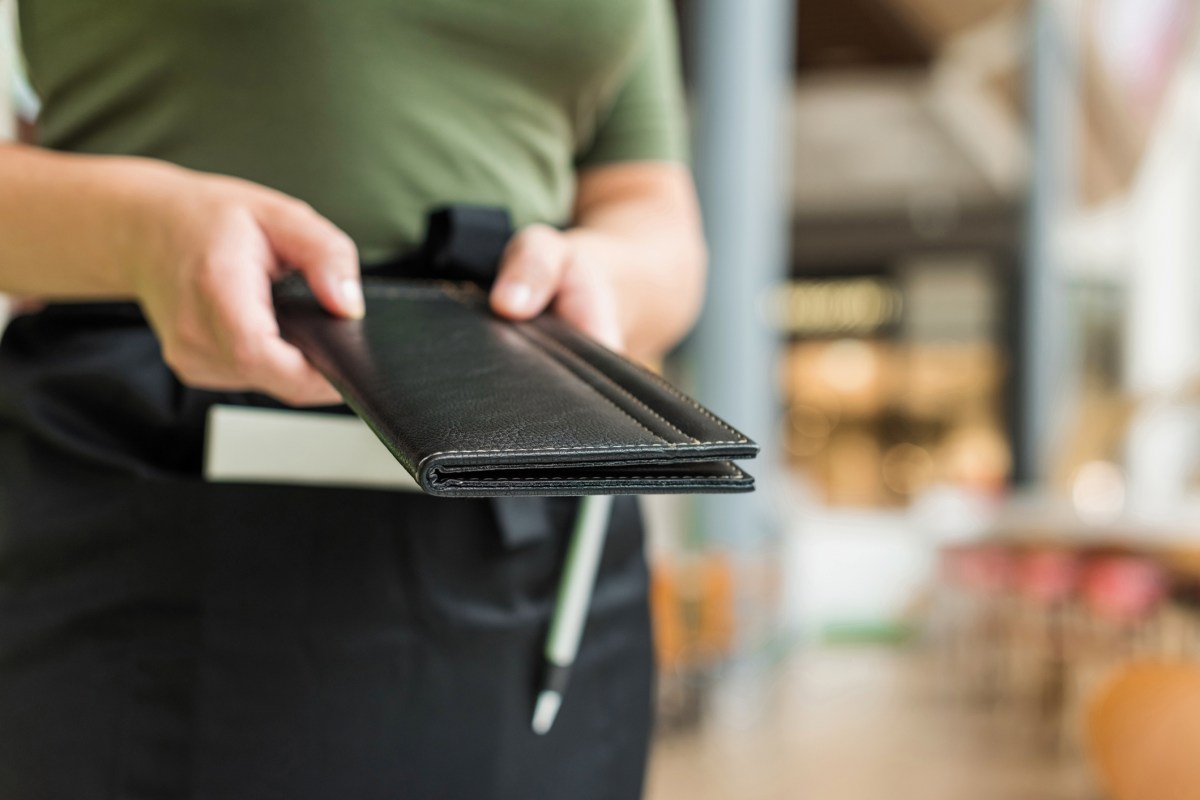More than 700 New York City-based essential restaurant workers signed onto a letter calling on Governor Andrew Cuomo, Majority Leader Andrea Stewart-Cousins and Speaker Heastie to pass a relief package that guarantees strong recovery efforts for the restaurant industry in the state.
As a result of the pandemic, nearly 10 million tipped employees have lost their jobs, the majority of whom were unable to access unemployment benefits through their states because they earned the subminimum wage for tipped workers, which is still $2.13 an hour at the federal level and $5 of less in nearly 40 states.
“I’m afraid to go back to work because I know I’ll have to choose between public safety and my own economic stability. How can I be expected to survive off of tips from the same angry customers that refuse to ‘mask-up’?,” said Anette Alcala, a bartender in NYC. “We shouldn’t have to sacrifice the safety of our families and communities in order to make ends meet. We need One Fair Wage before returning to restaurants for indoor dining.”
The plan outlined in the letter includes tip-sharing; a modest recovery surcharge for restaurants that follow a gold-standard of virus-related precautions; payroll tax relief; and the elimination of the subminimum wage.
The letter states:
“…Modest tax relief coupled with a wage increase for tipped workers would pay for itself. We have done fiscal analysis that shows that income taxes coming into the state from a $5 wage increase for tipped workers would bring in far more in revenue than would be lost through moderate payroll tax relief for struggling restaurant owners. And of course, it would allow restaurant workers to survive in a time when a subminimum wage is not livable, as tips are down 75-90%.
“It has become clearer than ever that hospitality professionals’ economic futures are deeply insecure, with many facing hunger, housing destabilization, and additional debt. Being forced to rely solely on tips, creates a system that encourages rampant sexual harassment of women, reinforces a wide delta of inequity of race, mass disenfranchisement of immigrants, people of color and working poor. With tips vastly down in this climate already, it’s clear that having to rely on tips alone could never be sustainable.
“New York must take this opportunity to ensure a sustainable and just future for all. In this case, that means government working hand-in-hand with hospitality professionals—both front line team members and owner/operators—to ensure that we have a living wage, and that the hard-hit restaurants New Yorkers love have the tools needed to lead our industry and thrive.”
Last week, Dennis Mehiel, owner of Buffalo Wild Wings NY and chef Dan Barber became two of 77 restaurant owners in New York City, including Tom Colicchio of Crafted Hospitality, David Chang of Momofuku, Danny Meyer of Union Square Hospitality Group, Will Guidara and dozens of smaller mom-and-pop, BIPOC restaurant owners to sign onto the letter calling on Cuomo to enact One Fair Wage for their employees.
In October, more than 30 New York physicians and public health research scientists sent a letter to Governor Andrew Cuomo warning that unless he enacts OneFairWage for New York restaurant workers, the re-opening of indoor dining in restaurants while workers enforcing public health protocols on customers from whom they have to get tips, could be a public health disaster that could make New York the center of the COVID-19 pandemic. The letter followed the release of a white paper from the Barry Commoner Center for Health & the Environment at the City University of New York (CUNY) and the Food Labor Research Center at UC Berkeley — which was organized on behalf of OneFairWage — that outlined how restaurant workers who will be the first in the line of defense in enforcing state public health mandates as restaurants reopen and shift toward indoor dining are the same tipped service professionals who earn a subminimum wage that forces workers to obtain a large portion of their income from customer tips.
Last month, the New York City Council voted to move forward on Intro 823, legislation that would allow restaurants in New York City to add a 10 percent surcharge to the final bill. One Fair Wage warned that without the guarantees of employers paying minimum wage, the surcharge will likely hurt restaurant workers in New York City, who would see cuts into tips, by resulting in them earning less money in more dangerous shifts plus having 25% capacity.
Another recent report has highlighted a substantial $8 wage gap between Black women and white men on New York dining floors. According to its findings, there is a 60% greater race gender wage gap than the nationwide gap largely due to customer racism in tipping and racial segregation that results in Black women working more at casual restaurants where tips are less.
Read the full letter here.


















